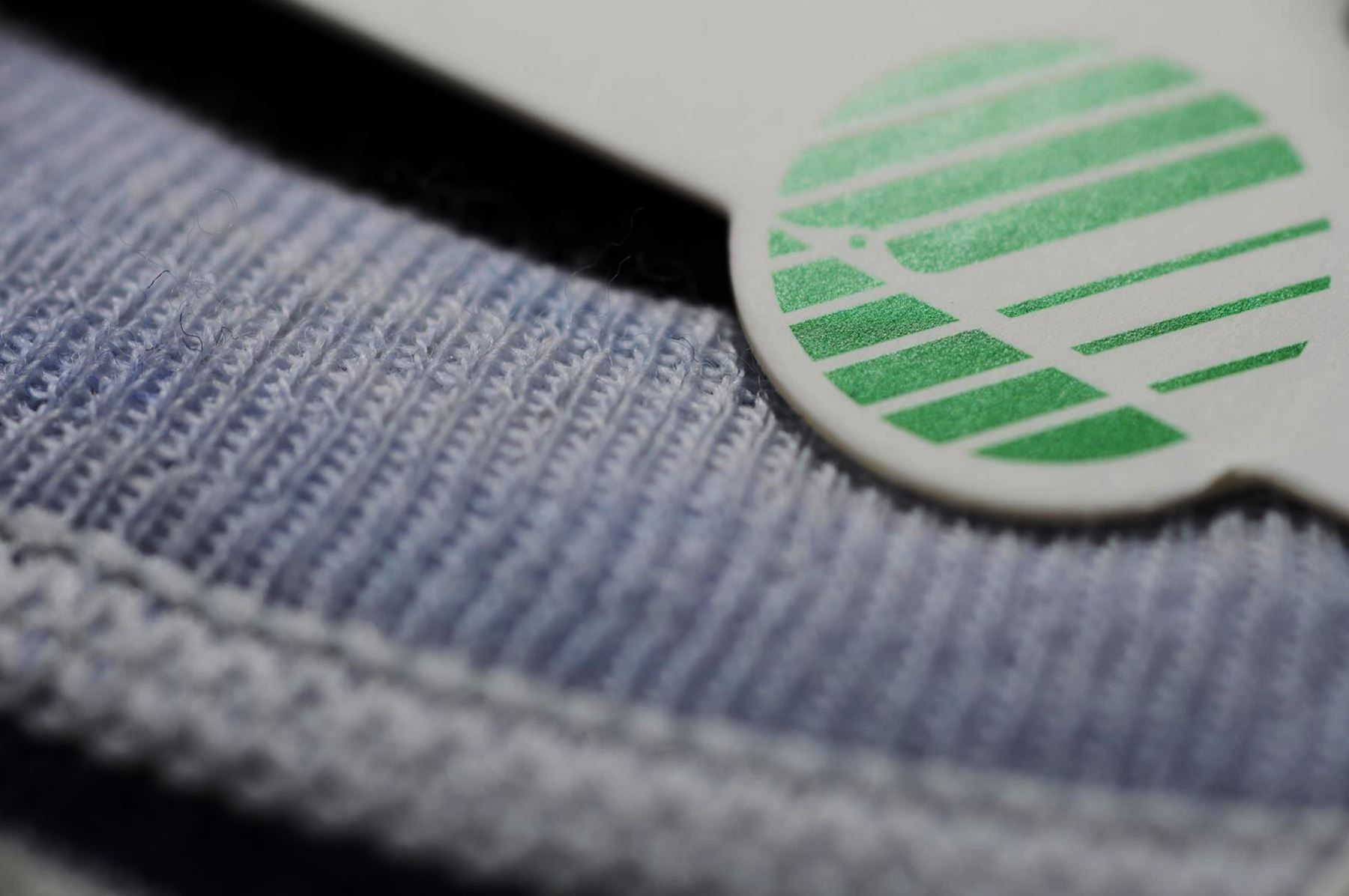Are your textiles future-proof according to the EU Ecodesign Regulation?
Textiles are one of the product areas that the EU's Ecodesign Regulation will first set requirements for. The ecodesign requirements for textiles are expected to be adopted in 2026 and apply from around 2027. Companies that have had their textiles Nordic Swan Ecolabelled will have a strong position in relation to the coming rules.
The upcoming EU rules for textiles are expected to build on the European Commission's existing textile strategy, which focuses on sustainability and circularity.
The vision of the strategy:
- Textiles must have a long lifespan
- They must be free of harmful substances
- Manufacture will be made from recycled fibres.
It also means that the incineration and landfilling of textiles must be limited, and production must take into account both environmental and social rights.

The Nordic Swan Ecolabel's requirements for textiles are fully in line with these goals. Nordic Swan Ecolabelled textiles must meet strict environmental and quality requirements, including recycled or certified bio-based materials, strict chemical requirements and energy-efficient production. In addition, there are strict requirements for working conditions and a ban on burning and landfilling of unsold textiles.
This means that companies that have already carried the Nordic Swan Ecolabel on their textiles are well equipped to meet the upcoming EU requirements under the Ecodesign Regulation.
The Nordic Swan Ecolabel's requirements match the Ecodesign Regulation
Based on the textile strategy, the Ecodesign Regulation will introduce stricter requirements for the textile industry with a focus on environmental impact throughout the product's life cycle. This includes designing for recycling, reducing harmful substances, and ensuring longevity and quality. The requirements reflect the principles of the Nordic Swan Ecolabel, which already place high demands on, among other things:
- Longevity: Testing quality and strength to ensure durable products.
- Substitution and full traceability of chemicals, including a ban on a wide range of harmful substances, such as endocrine disruptors.
- Fibers: The use of fibers that are either organic, recycled, or based on renewable raw materials that meet specific environmental requirements.
The process towards concrete rules
The EU has already adopted the overall framework for the future rules. It is actually in the new Ecodesign Regulation. But before this can be translated into concrete rules for textiles, for example, the European Commission must make so-called delegated acts. They will contain the rules for the digital product passport and the environmental requirements.